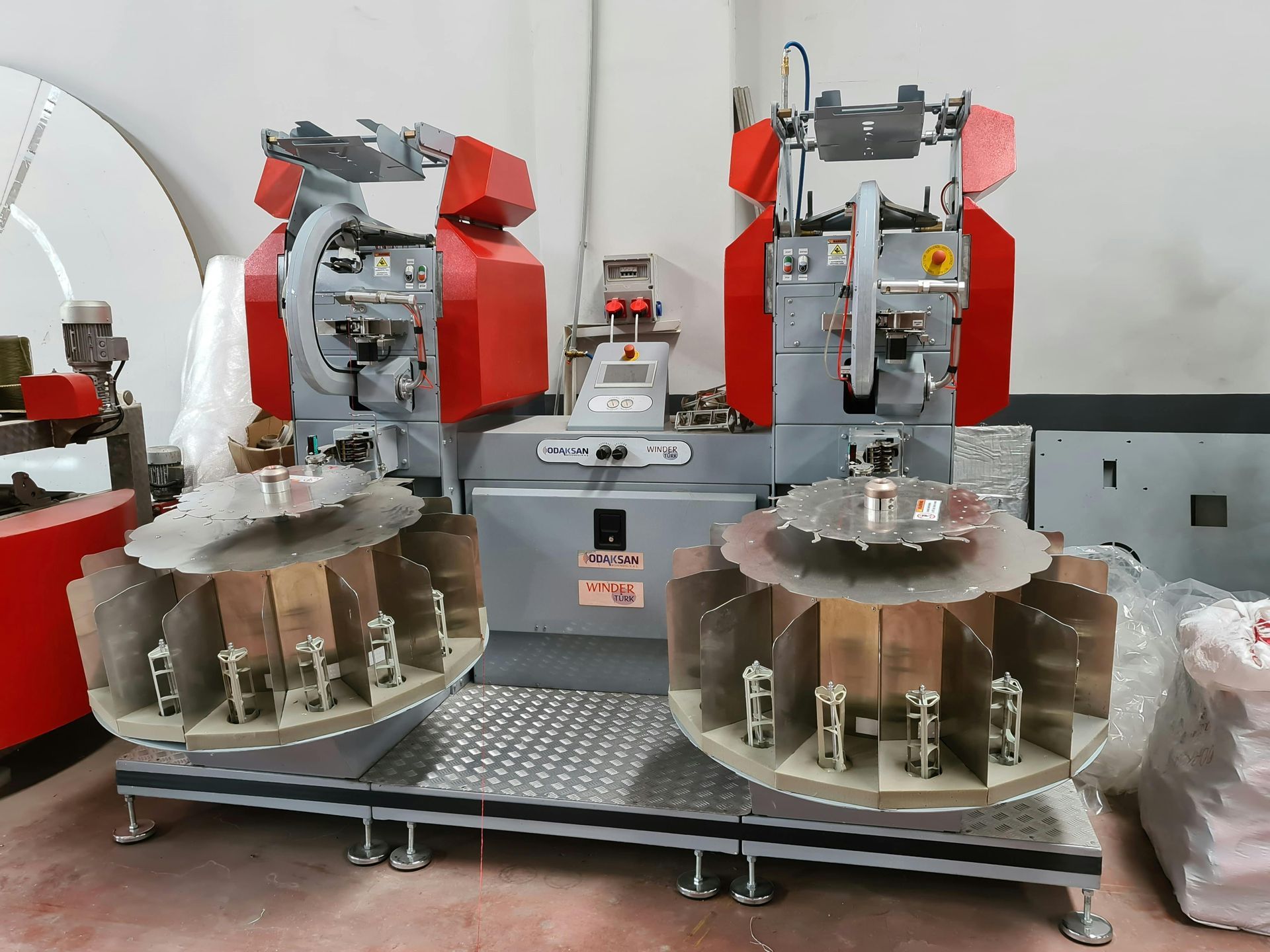Know the CEO before you make an investment
Clarke McEwan Accountants
Some good advice worth sharing from Barrie Dunstan of Switzers...
Investors may perhaps be excused for feeling annoyed. Even if they are holding a portfolio of Australian stocks, they've been suffering similar movements in price to a portfolio of leading overseas stocks. Recent market chatter is all about Ukraine and China and nervous traders are reacting to possible adverse developments.
Focus on the companies
But investors shouldn't fall into the trap of following the short-term fluctuation, which only profits traders in uncertain times. If investors are to maintain some equilibrium in their investments, they need to rely on the diversification provided by the stocks they have selected, regardless of the day-to-day mood or the temporary effects of major world events.
In the end, the performance of share portfolios ultimately depends on the earnings and profits of the underlying companies, shaped by key economic factors, mainly interest rates. Fascinating though macro economic analysis is for the hordes of economists around the market, it serves mainly to provide talking points for those trying to sell shares. Investors shouldn't let this chatter obscure the fact that picking the right stocks, at the right price, is the way to improve their equity market returns.
For instance, anyone still holding CBA or CSL shares bought in the initial IPOs in the 1990s has achieved strong gains from their original investment over more than 20 years. It might seem like cherry picking to cite these two examples, but investors in the 1990s had more opportunity to participate in IPOs and many had the good luck and the good sense to seize these opportunities.
A blast from the past
In the case of CBA, the bank was the largest of the Big Four – but it suffered from a perception that it was bureaucratic and less nimble than the others. What made the shares such a good buy was that the Hawke government could not afford to see the IPO falter and so the shares were offered at bargain prices (in the several issues).
CSL spent about 80 years owned by the Commonwealth government without attracting much interest from investors before being floated. While many investors would not have been equipped to assess its potential, anyone who met its young, articulate managing director, Brian McNamee, would have been in no doubt that CSL was a company going places. As a finance journalist, I met hundreds of CEOs of budding companies but, of them all, two stood out – McNamee and the founder and first CEO of Computershare, Chris Morris.
Both companies, co-incidentally, were floated in 1994 – a year that foundation investors still holding shares won't forget. CSL investors are holding shares, now selling at around $70 each, with an entry price of less than $1 after adjusting for issues (see our recent update on the health sector here
). Computershare investors, after adjustments for share splits and issues, paid only 11.25c a share for their original shares, which are now selling at around $12.
The jockey or the horse
Clearly, both companies owe their success to their unique positioning in growth industries and, perhaps, to some good timing. But it's doubtful if either group would have achieved their current success without the drive and vision of their founding CEOs. Just occasionally, it pays to back a brilliant jockey!
A good jockey also can make all the difference in a company's early growth period. Think of the early pioneers and visionaries like Ian McLennan at BHP, Maurice Mawby at CRA (now Rio Tinto) and Frank Lowy at Westfield. But as we have seen in recent times, CEOs also can be a mixed blessing, especially if they stay on too long, like, say Leighton's Wal King, or dominate a company like Rupert Murdoch and News Corporation.
Perhaps the trick is to know when to back the jockey and when to concentrate on the horse. Warren Buffett says that you should invest in a company which any fool can run because, eventually, one will.
Important:
This content has been prepared without taking account of the objectives, financial situation or needs of any particular individual. It does not constitute formal advice. Consider the appropriateness of the information in regards to your circumstances.








